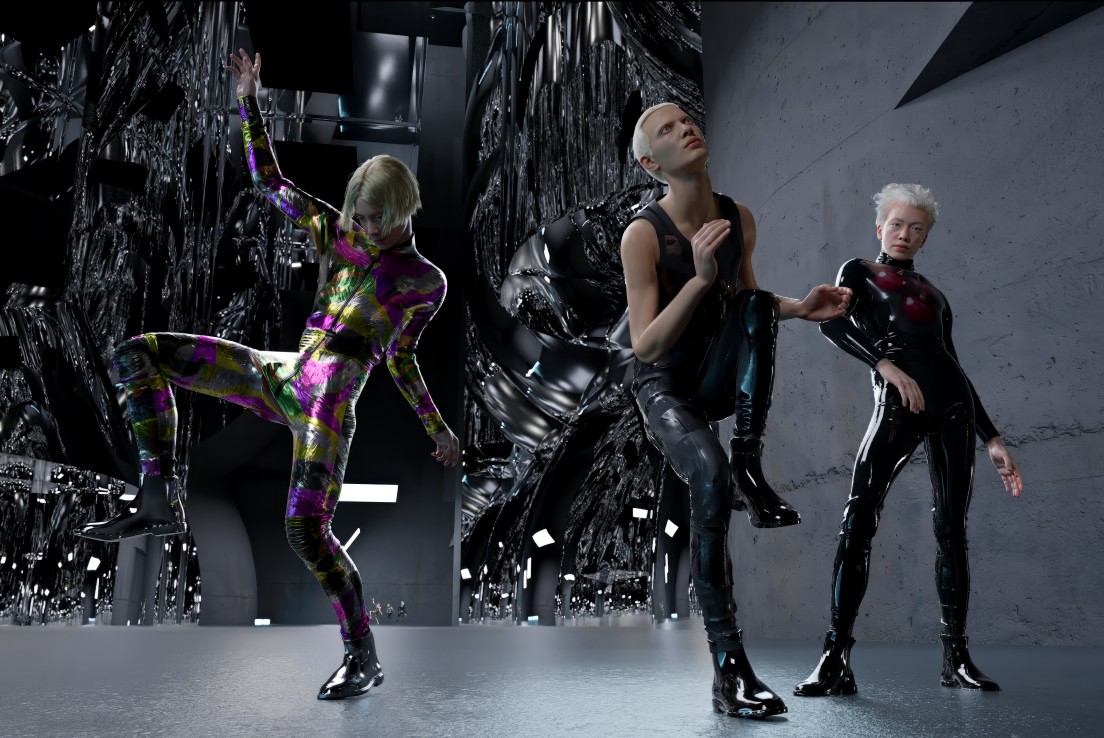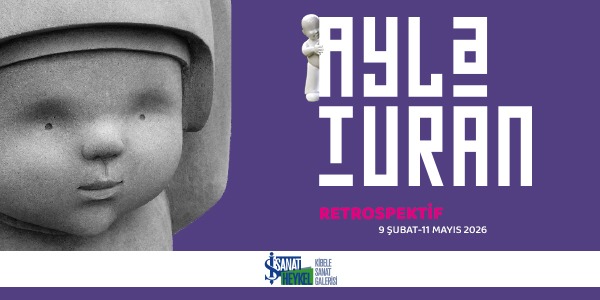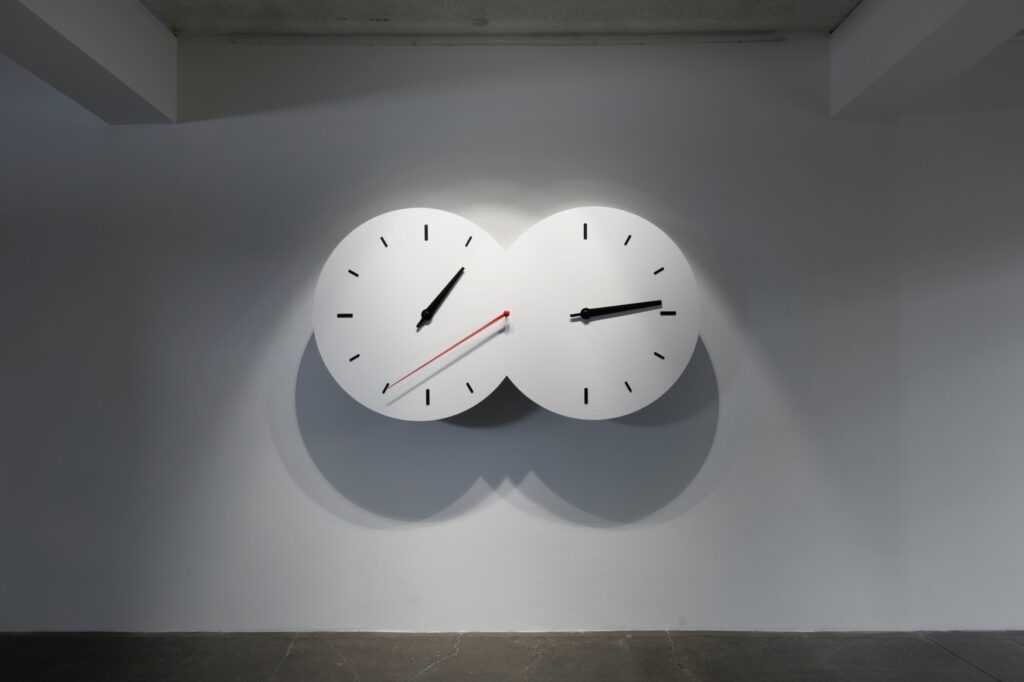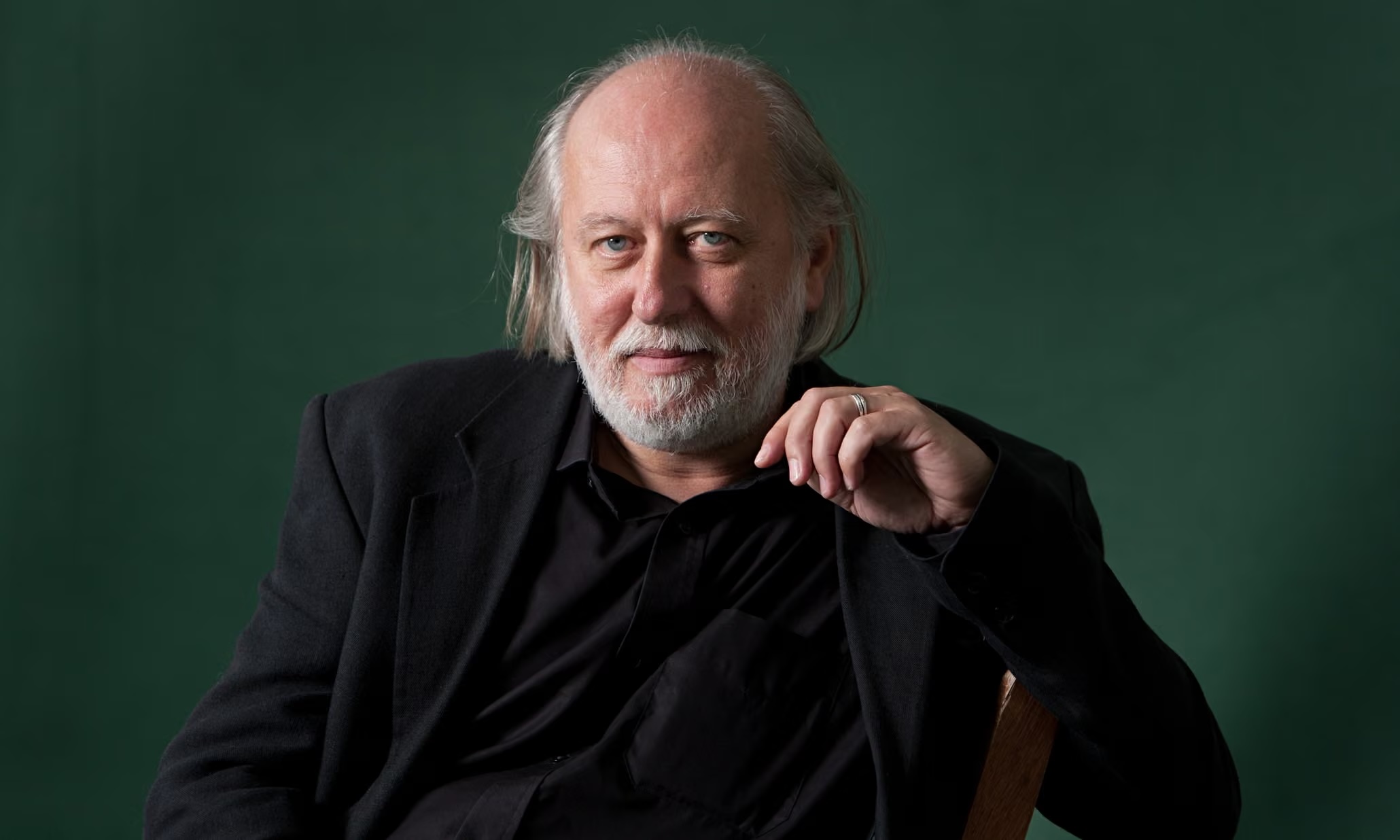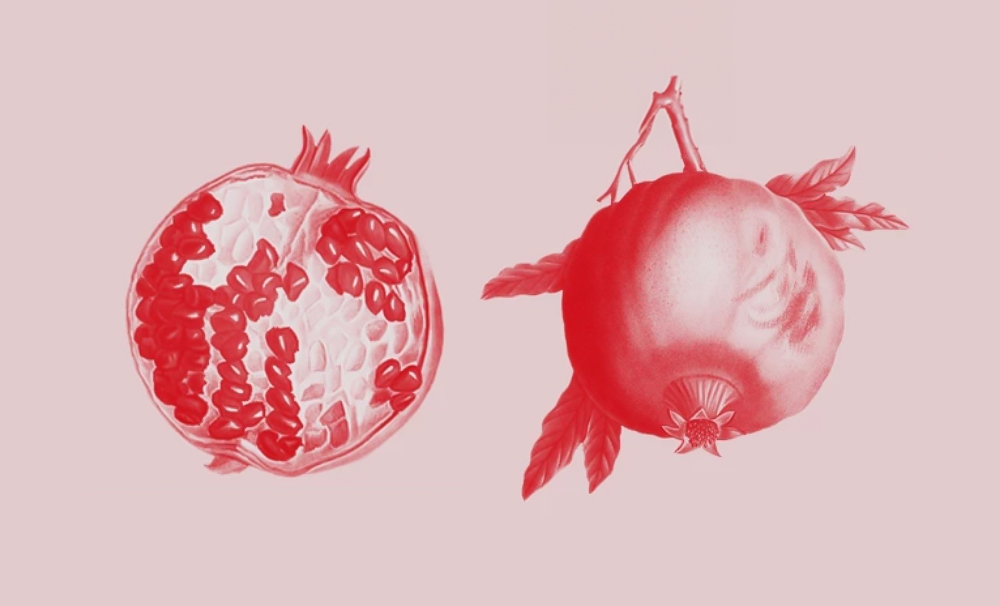If consciousness operates as a dynamic process that is constantly updated, interpreted, and filtered, it is impossible to speak of a single meaning or a single starting point or endpoint. Nor can we say that the functioning of consciousness is subject to any causality. Thus, there is no point in thinking that we necessarily need causality to understand the mind. Therefore, it is inevitable that we will encounter many subjects, concepts, and words that the mind and consciousness know and perceive in the realm of freedom or in an empty space in terms of creation. :mentalKLINIK’s exhibition, titled LUNATIC POETS, invites us into this space and shows us that we can perceive a world beyond what we know. At the entrance of the exhibition at Pilevneli Gallery, the hour and minute hands of two clocks, spinning rapidly and sounding an alarm, stand side by side, signaling that we have entered a space where time is bent and reality is not as we know it.
The artist duo, who continue their work in Brussels and Istanbul, want us to follow the traces of an artificial mind and show us how. An artificial mind is actually a realm where causality does not exist, and language can freely produce meanings. The viewer, entering this new realm where the language produced is also renewed and differentiated as a visual language, is confronted with a presentation. It drags the viewer along as if narrating a series of events and conversations that flow from place to place, without being tied to a single meaning or a single point, even at the beginning and the end: mentalKLINIK.
Is it possible to live without causality in artworks? Or does the human mind find peace without causality, or does it fall into greater chaos? These questions fill our minds. In fact, that is exactly what :mentalKLINIK wants; in the works, we remain somewhere between right and wrong, artificial and real, depth and superficiality. Thus, everything is actually confronted with a kind of decay… We enter a world where causality no longer exists, where nothing is certain. Everything is uncertain, yet at the same time, the images are quite clear…
A Linguistic Discovery
In :mentalKLINIK’s works, we see the differentiation of the subject’s value and existence as a result of the change in the perception of reality today. Who are the people we see in the works, and why do they exist? It is possible to encounter questions such as whether this existence is a kind of necessity or whether they actually have no subjects and only exist through their words. In this case, the subjects of :mentalKLINIK are actually subjective entities distant from reality in a spiritual context and exist only in a manner dependent on the use of visual and verbal language. In this context, the artist duo invites us to question a reality that necessitates the multifaceted use of language and the higher levels of existence within reality.
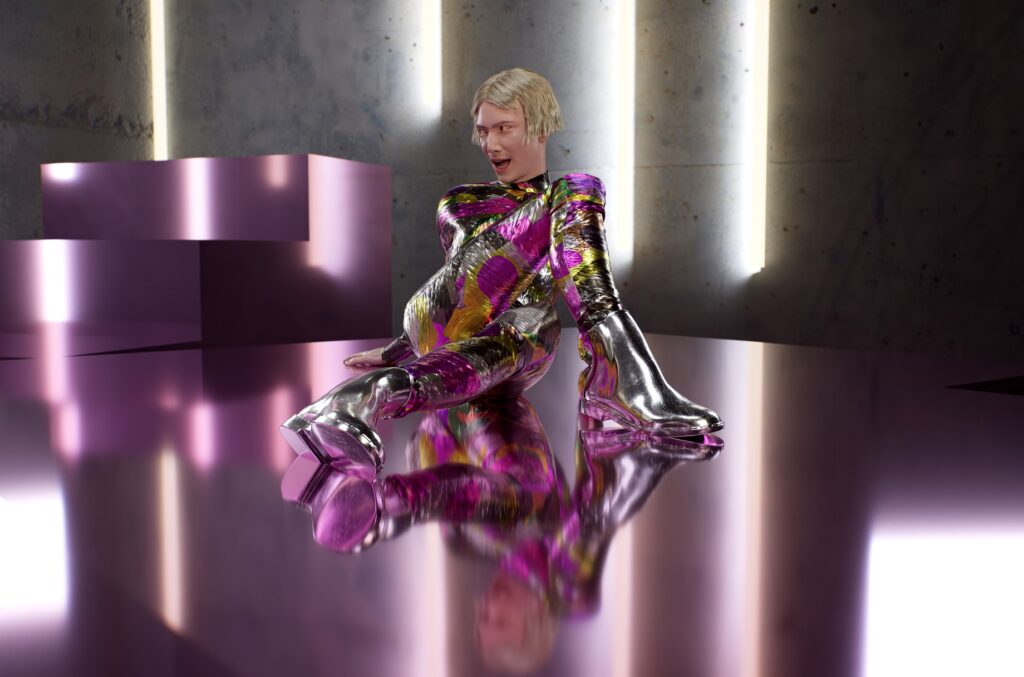
mentalKLINIK makes invisible political strategies and social dynamics visible through an honest language and ultra-contemporary tools. A disco ball, popped champagne bottle caps, and moving sculptures create a visual language and meaning rather than a verbal one through the words of the “LUNATIC POETS.” In fact, this is precisely what the duo strives to show. Meaning is actually something visible. Dressed in bright clothes and performing dance moves, these poets stand at the very center of the linguistic paradoxes used in modern life. The noun phrases and sentences of these poets suggest that words come first, but the visuals convey that meaning has a visible and tangible structure.
These poets perform readings resembling contemporary poetry in a nightclub setting, but in an area with less music:
‘A Vegan, a highly egocentric voice is saying we should all turn back to the beautifully wilder…
Parallax consciousness is the new type of madness.
Instagram-generated subjects were dangerously weak.
How dare you, you’d be yourself. Do you know your enemy? Do you?
As we listen to the words and their arrangement, we see and hear a selection of the duo’s multifaceted approaches to their own universe.
:mentalKLINIK presents its ideas about the surprising, violent, and all-encompassing modern world without being tied to a single visual communication tool or style. How much causality can exist within chaos? Or is it possible to speak of a single type of causality? Does everything in the world we live in today have a single cause and a single reason? Going even further, it also attempts to explain that in a world where everything may be artificial, even our minds could be artificial constructs, and everything we see or experience may be synthetic as well.
To better understand this situation, we can draw on some ideas that philosopher and thinker Daniel Dennett, who has written extensively on cognitive science, repeatedly discusses in his essays titled Brainstorms. In his essays, Dennett states that he did not invent the concept of the “brain in a jar” and that he was not the first philosopher to think of this idea. According to him, it was Gil Harman who planted this idea in his mind with a short passage in his book Thought, published in 1973, and he writes:
‘Or perhaps you do not even have a body. Maybe you were in an accident and all that could be saved was your brain, which is kept alive in the laboratory. For your amusement you are being fed a tape from the twentieth century. Of course, that is to assume that you have to have a brain in order to have experiences; and that might be just part of the myth you are being given.’
:mentalKLINIK, however, questions the viewer about how real this state of mind actually is: How real is reality, when life and its course are so artificial…





